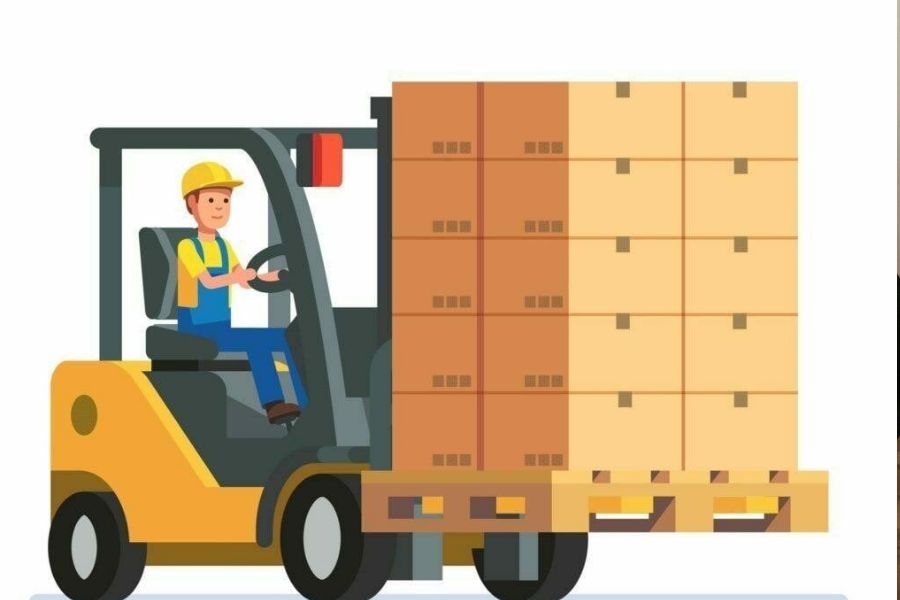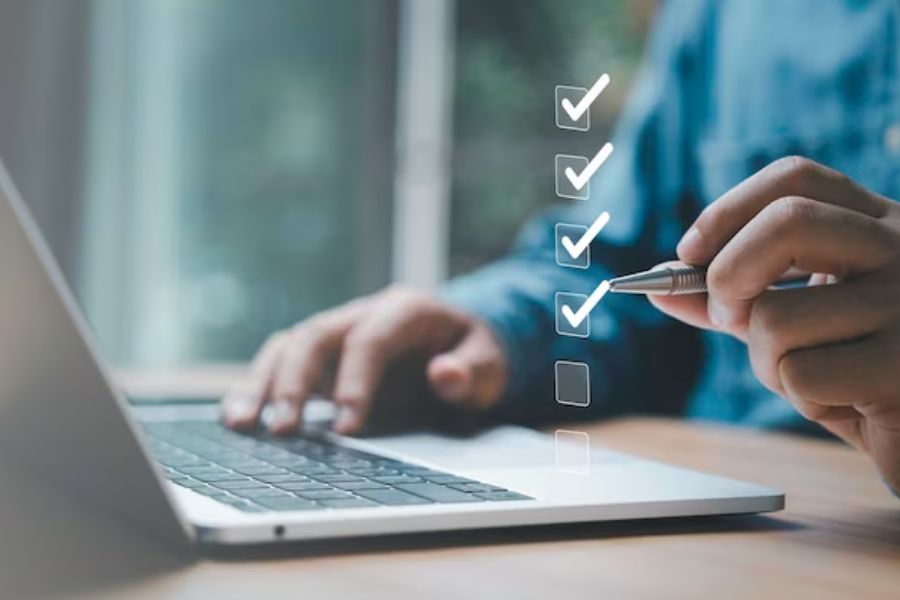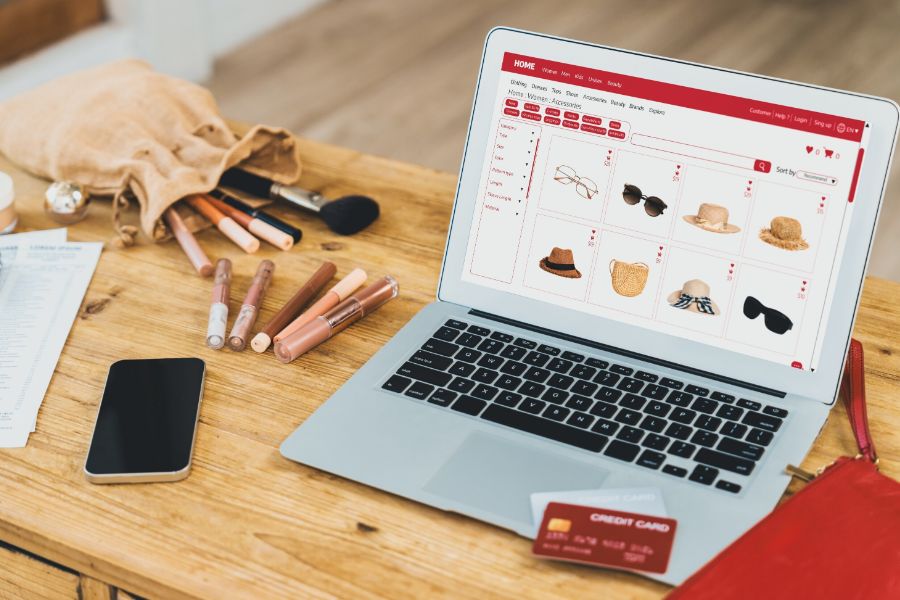In the world of omnichannel retail, it is essential to give customers what they want at their convenience. One of the best things you can do for your business’s success is to integrate multiple extensions into your systems. In this blog, we will explore some of the most crucial omnichannel integrations that you will need to leverage your business as well as enhance the customer experience.
Loyalty programs
Many small businesses still assume that rewarding customers with just discounts can make them become more loyal to their brands. According to Forbes, 79% of shoppers will turn to other brands if they experience poor customer service within just a week. Therefore, having an emotional connection with shoppers is a must to maintain their loyalty. A loyalty program would be the perfect omnichannel integration that can help you with this.
There are several types of loyalty programs such as points program, tier-based program, gift cards, and so much more. For example, the most common one is the points program that allows consumers to easily earn and redeem points on every purchase they make. To make your loyalty program more user-friendly, you can get started by giving customers rewards points for registering your program or for their first order. Also, bonus points on their birthdays can help boost customer satisfaction.
The main purpose of a rewards program is to make more money by keeping your existing customers coming back for more. This can be done with a well-designed loyalty program as they are cost-effective and also helps increase social proof as well as customer referrals.
Accounting system
Retailers need to keep a good eye on their expenses, revenues, assets, and liabilities to run their businesses smoothly. This seems to be quite an overwhelming task at first, but don’t worry, the accounting system can help you with that. It is a must-have omnichannel integration for recording, storing, analyzing, and reporting financial information. Not only does it reduce the time spent on manual tasks, it also lessens the errors and saves you a lot of money on resources.
An interesting fact is that many modern accounting systems nowadays are cloud-based, which means you can check your accounts from anywhere and at any time. FreshBooks, QuickBooks Online, and Xero are among the most popular accounting systems for your omnichannel business to thrive.
Social media
When considering an omnichannel integrations for your business system, you cannot forget social media. Social platforms have played a huge role in shaping the way we interact with each other, especially the interaction between brands and customers. Today’s consumers are now using social media in most stages of their shopping journey: when researching products/services, when making buying decisions, or even when they encounter any problems and need responsive customer service. You can start by researching your customers and finding out where they are spending their time online, which social platforms they prefer, and what they are using each one for.
As a matter of fact, 72% of adults prefer digital communication with brands over other options. Fortunately, social media enables you to digitally communicate through live chat and chatbot support. The greatest benefit of chatbots is that they can reduce your response time, which greatly determines customer satisfaction. With the adoption of chatbots, you can provide instant responses that will help you stand out from the crowd and create positive impressions. As for live chat, it is known to help reduce bounce rates and increase upselling to consumers. Well-trained customer services help resolve issues, address complicated questions, provide meaningful experiences, and ultimately improve business sales.
To gain the best benefits of both options, businesses should publish the hours when live chat is available if it isn’t 24/7 support. Also, you can give customers the option of how they want to contact and create an automated message letting people know a representative will respond to them immediately.
Supply chain
A supply chain is a collection of suppliers required to create one particular product. Each supplier is a “link” in the chain that adds time and monetary costs. Omnichannel supply chains are cross-channel supply chains that serve consumers across different channels. This omnichannel integration is a large-scale business strategy that brings as many links of the chain as possible into a closer working relationship with one another. The aim is to boost response time, manufacturing time, lower expenses and waste, and overall, create convenience for shoppers.
Omnichannel supply chain allows consumers to flexibly have their items shipped from e-commerce sites to their front doors or specific physical stores. Also, they can choose to place orders online or in-store. If an item is out-of-stock in the store, they can order it from the online shop. Consumers that are able to buy products online while still being in-store and vice versa are more likely to complete their purchases. On the other hand, if shoppers run into any potential roadblock in the omnichannel supply chain, they might abandon their carts for your competitors.
ERP & CRM
CRM (Customer Relationship Management) is the process that manages front-end information, such as recording customer interactions, sales tracking, marketing campaign management, etc. Meanwhile, ERP (Enterprise Resource Planning) is the software that handles critical backend processes, including purchase history, billing and shipping details, financial data, and many more. While CRM generates more revenue through better sales figures, the ERP system reduces overall operating costs. Together, these systems keep track of all the critical touchpoints along the customer journey.
Some of the advantages of the omnichannel integrations of ERP and CRM software for retail businesses are as follows:
- ERP
- Manage stores and inventory from one single location
- Keep track of orders and supply chain
- Provide better visibility and control across all channels
- Efficiently manage staff
- Synchronize information in real-time
- CRM
- Enhance customer service
- Market your brand easily
- Have a better understanding of consumers
- Improve customer segmentation
- Time effective
- Increase customer retention
ERP and CRM integration gives business owners a seamless view of their operations as well as streamlines their processes. Consequently, this helps eliminate data duplication and increases the ease of communication across the whole system. Your sales and service staff can then have greater control over the tasks they do, resulting in a substantial improvement in customer satisfaction.
Inventory management
As consumer behaviors change, so must businesses. But, one thing remains the same: the inventory – the center of it all. For that reason, merchants need to invest in the right software to effectively manage their omnichannel inventory. This indicates the management of inventory across all the channels you sell on, from the brick-and-mortar store, online store, marketplaces, to social platforms.
Forklift truck carrying a stacked goods boxes pallet. Modern flat style vector illustration isolated on white background.
Inventory management is about knowing what you’ve got in your warehouse and where your stock is located. It allows you to make smart business decisions and close sales in confidence. For example, effective inventory management gives you up-to-date information about what sells well and what isn’t so that you can decide to order more or cut back.
Nowadays, inventory management is usually integrated into the POS system, making it easier for retailers to optimize business performance.
POS system
A POS (Point of Sale) system is the omnichannel integrations needed for your business to stay ahead of the retail game. No matter what type of retailer you are, having a POS system can turn your business around by providing an all-in-one solution to daily activities. The software provides a way to manage your customers, products, and orders in real-time on a single platform, no matter how they shop. Retailers benefit from complete visibility about what’s in stock and access to sales across all channels.
The thought of adopting new technology in your operation may seem a little daunting but POS systems are designed to be user-friendly. The software allows staff to focus their attention on the customers, physical preparation, and sale of products, cementing the most important values of retail. Modern POS software is now cloud-based, which means your inventory can be updated in real-time if there are any changes during opening hours.
POS systems are also capable of tracking store staff: the working days and hours as well as the number of completed orders. And the best thing is that it isn’t isolated to one place. Multiple interfaces in all stores support the same real-time database, ensuring consistent accounts, pricing, and inventory.
Final thoughts
Having multiple omnichannel integrations can benefit retailers in many ways, from increasing sales revenue, improving business performance to maintaining customer satisfaction. Hopefully, your business will be able to achieve significant outcomes with those fundamental integrations above.
ConnectPOS is among the world’s leading POS systems that help create your omnichannel retail business at ease. Trusted by 2000+ retailers all around the world, our feature-rich POS software integrates with various extensions for your business to open up unlimited possibilities with the omnichannel experience. Contact us now for further consultation!



